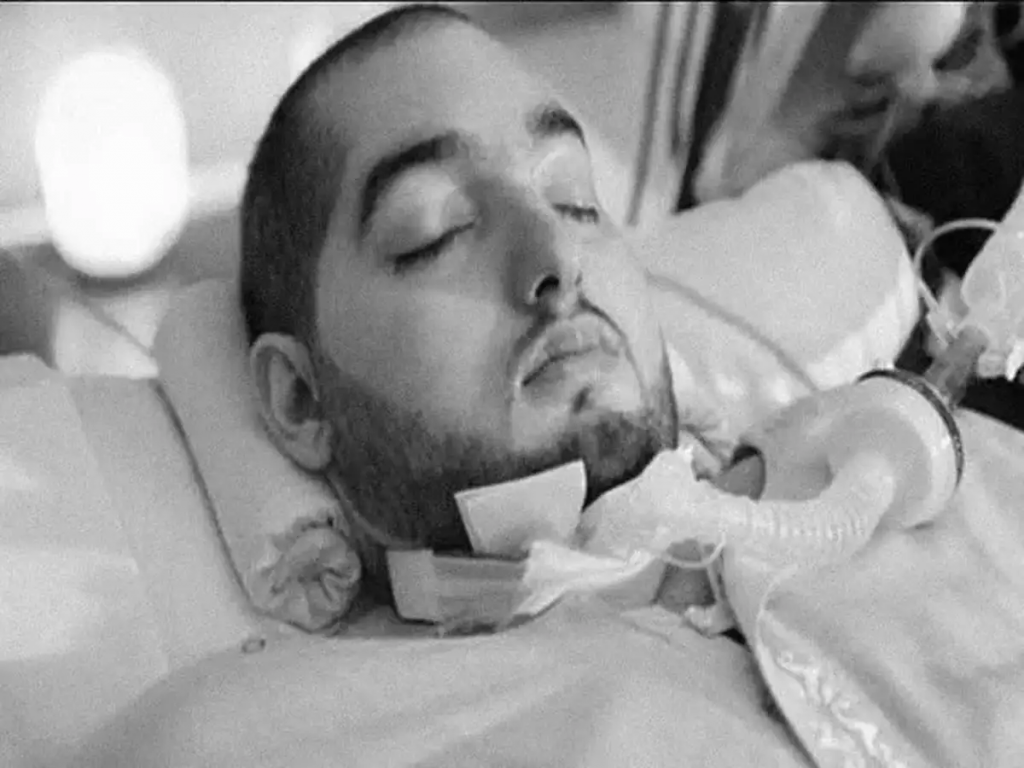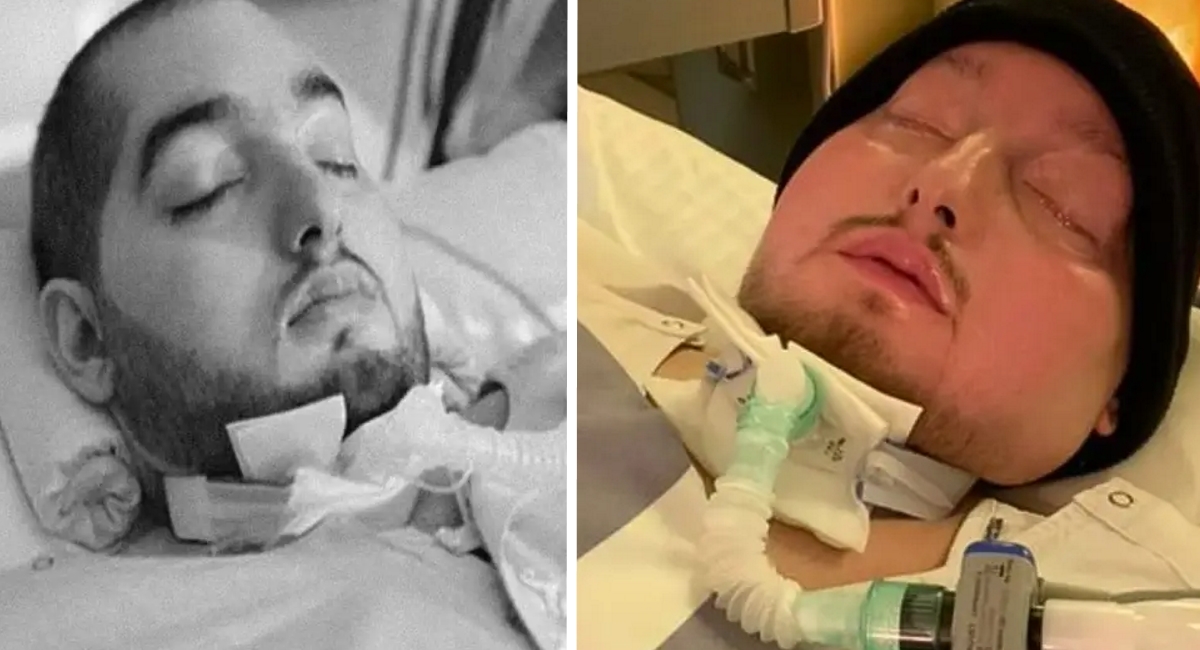Prince Al‑Waleed bin Khaled bin Talal Al Saud—better known as the “Sleeping Prince”—has passed away at 36 after spending nearly two decades in a coma, following a 2005 car accident in London while he was a military cadet. His father, Prince Khaled bin Talal, shared the deeply emotional news, saying they accept “Allah’s decree” with heavy hearts. UNILAD reported the family’s statement.
The crash left Al‑Waleed with a severe brain haemorrhage and internal bleeding, triggering a coma that he never emerged from. He was only 15 at the time, attending military college in London. Though kept alive on life support at King Abdulaziz Medical City in Riyadh, he remained in a persistent vegetative state. People’s report emphasized the tireless efforts of international specialists and the unwavering care he received.
“#SleepingPrince spent his life in a coma—now he’s finally at rest. A royal story of love & loss.”
Despite intermittent movements—like finger twitches and eye blinks—he never regained conscious awareness. His father, who steadfastly refused to remove life support, frequently updated well-wishers online, sometimes sharing videos from inside his son’s room during Ramadan or national holidays. India Times covered those hopeful moments.

The illness drew national sympathy, with the hashtag #SleepingPrince trending on social media. Gulf News noted that thousands offered condolences, praising the father’s devotion and collective prayers. Gulf News detailed reaction online.
“A life in silence, a father’s vigil—Saudi Arabia mourns its Sleeping Prince.”
Psychologists say this case reinforced how faith and family care can sustain hope through prolonged tragedy. His father reportedly brought in specialists from America and Spain, yet Al‑Waleed’s consciousness never returned. Telangana Today noted global attention on his care.
Funeral arrangements began on Sunday, July 20, with prayers at Imam Turki bin Abdullah Mosque. The passing ends a long chapter in modern royal history—one defined by public fascination with grief, loyalty, and resilience. TOI’s tribute outlines the emotional impact.
His father’s words invoked a Quranic verse about the soul returning to God with perfect peace. That line punctuates one of the most poignant stories in recent monarchy lore, as reported by People. People framed it as a blend of love, pain, and spiritual faith.
The story has catalyzed discussions on medical ethics, the limits of life support, and religious values. In cultures where withdrawing care is controversial, Al‑Waleed’s case became a focal point—forcing public debate about quality of life and the role of hope. Vanguard noted regional reflections.
As Saudi Arabia honored the prince, global reactions highlighted a rare unity across faiths and borders, with condolences pouring in from journalists, religious leaders, and thousands online. The Sun captured trending social tributes.

Al‑Waleed becomes part of a somber lineage of public “sleepers”—individuals in persistent vegetative states for years, and whose stories challenge both medicine and morality. Experts urge policies to balance compassion with clarity for families in similar situations.
In the end, the “Sleeping Prince” story is not just about a young royal trapped in silence—it’s about the extraordinary patience, devotion, and sorrow of a father who refused to give up on his son. His death leaves a void for his family, and a global audience reminded of life’s fragility and what true devotion looks like.






